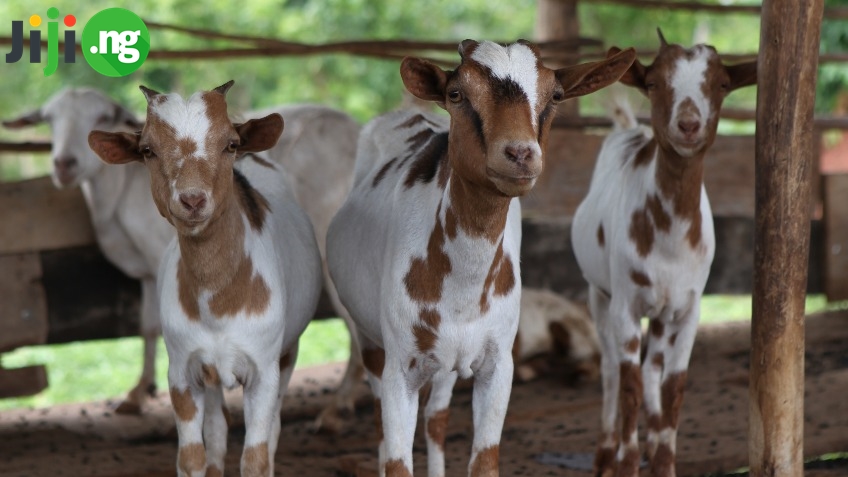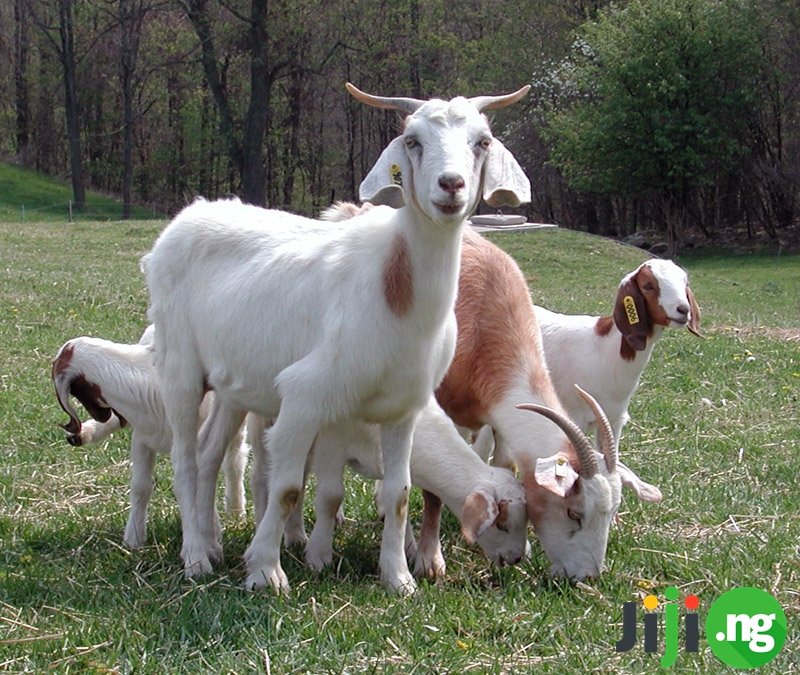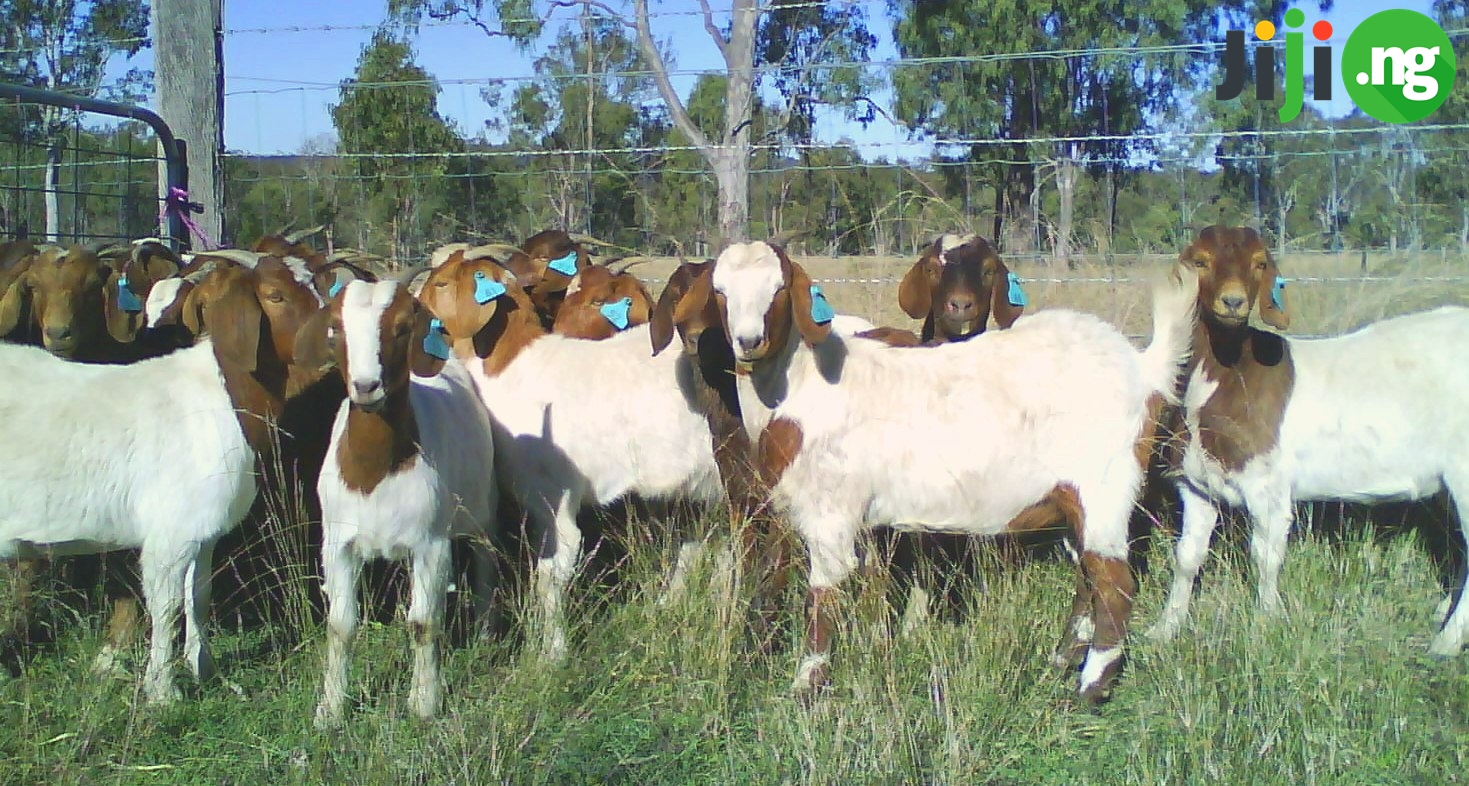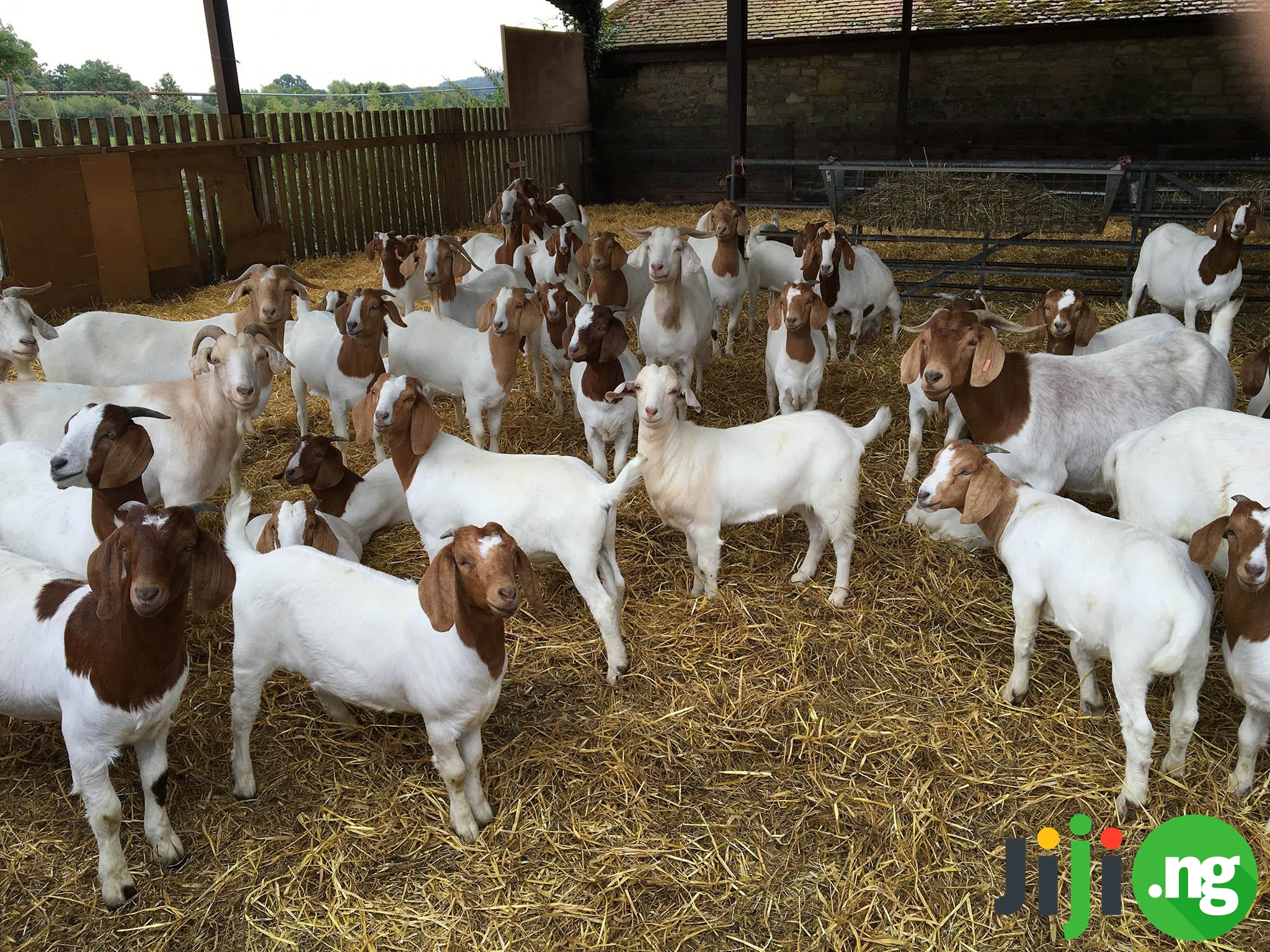It is not a surprise that farming in Nigeria is a perspective idea. To succeed in your beginnings, just pick the type of agriculture to start, for instance, poultry or goat rearing. In fact, goat farming in Nigeria is a profitable business.
If you feel like agriculture is a good field to demonstrate all your perspectives and you are ready to discover one more lucrative business idea, here’s a short guideline of how to start goat farming in Nigeria. It is much easier than you may suppose.
How to start goat farming
Goat business in Nigeria is not difficult to start.You just need to know a couple of things. The basics of goat farming include choosing a breed, housing arrangement, feed management, pasture, and vet care. You may arrange everything on your own or contact professionals for assistance.

Housing
If you seriously think about goat farming as your next business idea, start with arranging separate houses for animals. A house should contain all necessary facilities and keep animals free from diseases. The investment in housing is fixed it increases the production and can be used for many years.
The house should keep goats safe from rain or unfavorable weather conditions. Goats should have a spacious shelter to stay during rain and hide from heat. Do not forget about privacy: goats like personal space, so it would be good to construct separate sections, one for each goat, inside.
Feeding
Goats are ruminants. They eat almost all types of crop, corn and leaves. High-quality feeding allows keeping animals healthy and reaching maximum production. For this, choose the feed that contains 12-18% of protein. To diversity it, make sure goats get food from natural resources, too.
Green food should be in abundance, as well as clean fresh water. If you have a possibility to arrange a good pasture, you can reduce the amount of grains. Remember to exclude urea from the list of foods it is toxic for goats.

Pasture
The land plot you choose for grazing should contain a plenty of grass. Goats need to have access to grass during all seasons. Keep in mind that goats need big large territories for moving around while eating plants.
Large territory is good for goats for two reasons. Firstly, they like keep the distance from each other. Secondly, this reduces the chance of contamination in case a goat gets sick. One acre of land will be enough for 10 goats. If you plan to keep 500, the area increases to 50 acres.
Finally, do not forget about fencing. The best option is barbwire it protects goats from both free wandering and outside dangers, like predators. In case there is a risk of dangers, consider getting a protector dog. In all other situations, 1,2 m fencing will be enough.
Location
If you do not have location for starting business yet, choose a place for arranging facilities. So, the place should be:
- not far from town outside, but within easy reach;
- suitable for a pasture spacious and with enough food;
- near the saurce of fresh water it keeps animals healthy;
- near a market for quick access to necessary equipmet;
- within easy reach of vet services for keeping animals healthy.
- in a zone of good transportation for your personal comfort.

Breeds of goat in Nigeria
Before starting the commercial goat farming in Nigeria, decide which goat breeds are appropriate. Goats are multi-purpose animals, appropriate for milk production, meat, and skin. Some combine all these features, the others are suitable only for one.
Choose a breed based on its qualities. Regardless of what you pick, look for goats for sale on Jiji.ng. Here you will the wide selection of animals and the best goat prices in Nigeria. Ask a seller about vaccination history and deworming it is necessary for having healthy kids.
Meat
The reports show that around 70% of meat consumed around the globe comes from goats. Thus, you will get wide marketing opportunities, both in Nigeria and for export. Productive meat breeds are Boer, Beetal, Matou, and Black Bengal.
Milk
Goat milk contains huge amount of nutritious elements. It is easily digestible and suitable for producing various dairy products. Goat milk is always in high demand. If you decide to go with this option, consider one of the following breeds: Saanen, Jamunapari, Toggenburg, Anglo Nubian, and Alpine.
Fiber
For fiber production, which is in high demand, too, choose Cashmere or Angora goats. Both breeds are highly productive and guarantee high income.
Skin
All breeds are suitable for skin production. However, it is not high-quality skin you get. Black Bengal goats are the best for this purpose. If you go with this option, your production will be in high demand, and not only in Nigeria.
The most common breeds in Nigeria are Maradi, Pygmy, Boer, Saanen, and Nubians. You may pick the tested and reliable breed to be certain that the business works out, or you can try something unusual and supply unique production.
Goat farming business plan

Besides the advantages of goat production in Nigeria, you probably want to know some numbers. Taking into account the expenses and the profit, goat rearing in Nigeria is a lucrative business. Here are the basic numbers for goat meat production:
- 1 pound of meat N 500
- mature goat 100 pounds, N 50,000
- 500 goats (per year) N 25,000,000
- production cost up to N 12,000,000 (depends)
- Minimum profit: N 12,000,00
Keep in mind that goats become mature in 2 or 3 years. 500 may seem a big number, but it is achievable in a few years. Besides, you can sell milk and fiber while during this time.
Start with several goats and develop your business gradually, if you do not have a chance to buy many or are not certain in your skills.
Farming tips
- Maintain perfect hygienic conditions to prevent diseases or epidemies.
- Do not forget about vaccination.
- Develop the business gradually or consider bank load.
- Buy goats and necessary materials to start your businesson Jiji.ng.
- Sell goat milk, meat, fiber, and skin on Jiji here you’ll find clients quickly.
- Provide the supply of clean water and diverse food.










